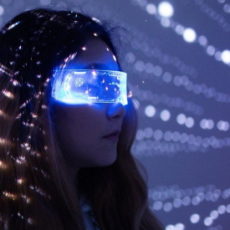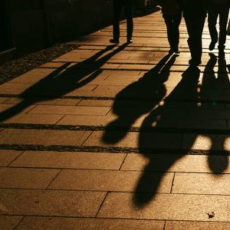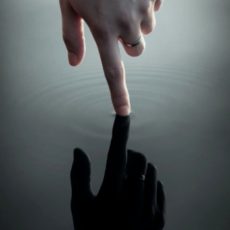So what have we learned so far?
We’ve learned that the planners of the Internet, which most of us use habitually, have definite plans to continually collect the finest details (IoT) of our individual lives (DID), and permanently record it all as digital transactions on a permanent ledger (blockchain).
LIE: The planned ‘metaverse’ is okay to accept and use






